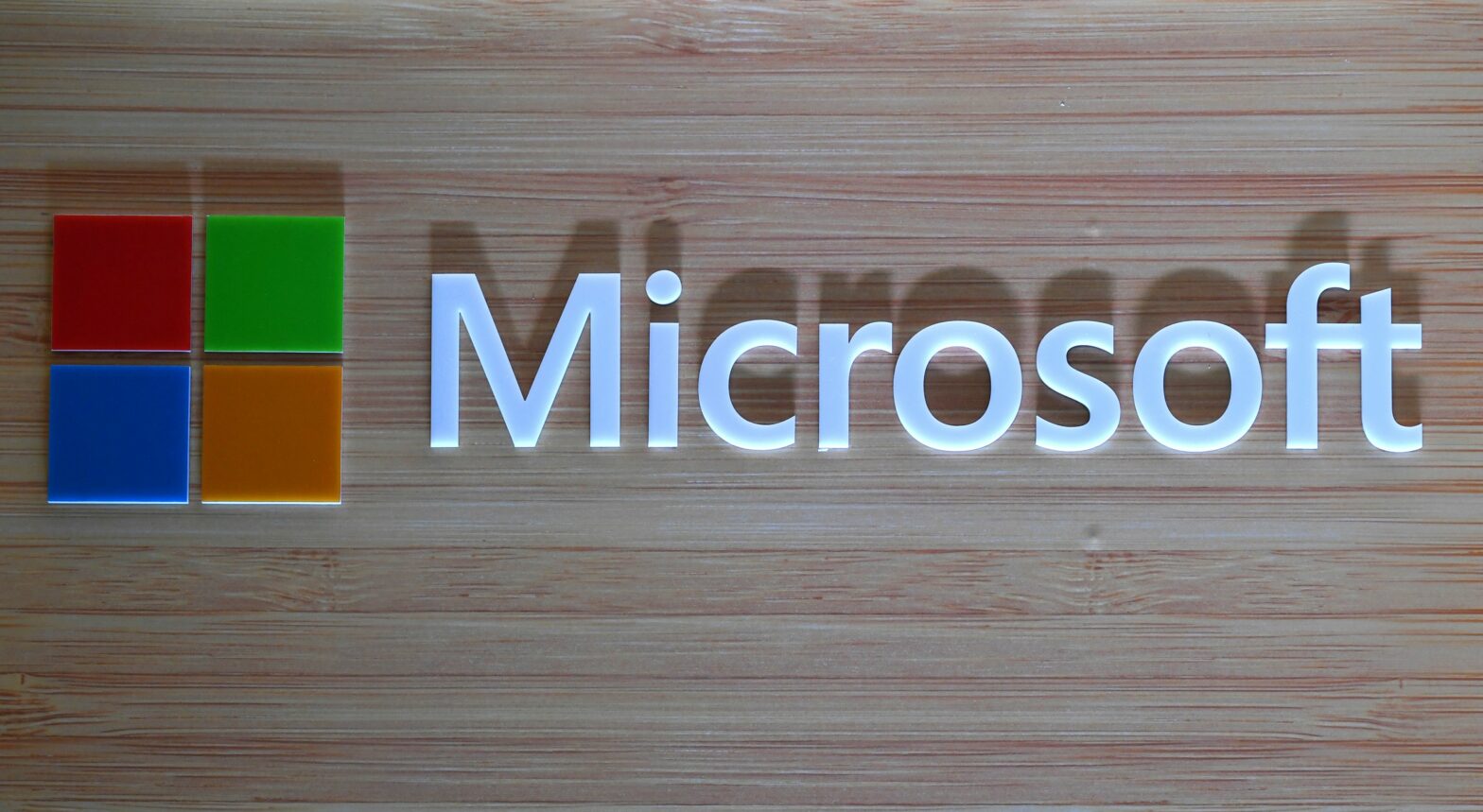15 December 2003 The United Nations (UN) and the US Federal Communications Commission (FCC) have both launched investigations into the possibility of regulating the Internet.
Following last week’s World Summit on the Information Society (WSIS) and the advent of Internet telephony, the studies are sure to rekindle the debate on Internet governance.
The main subject of the UN summit was the need to bridge the so-called ‘digital divide’ — the deficiency of Internet accessibility in developing countries. But delegates also agreed to further investigations into how that infrastructure could be improved by supervision by a single regulatory body.
Although many had feared that developing nations would vote for the United Nations (UN) to take administrative control of the Internet, delegates at the summit only went as far as agreeing to set up a ‘working group’ to examine the issue.
Currently, the Internet has several semi-formal administrative bodies, the most prominent of which is the Internet Corporation for Assigned Names and Numbers (ICANN), a company that coordinates Internet addresses and some other technical issues.
The fact that ICANN is under contract to the United States Commerce Department has led to a perception that the US government is running the Internet; as such there have been calls for an international body.
But the Secretary General of the International Chamber of Commerce and chair of the business delegation to WSIS, Maria Livanos Cattaui, challenged this idea.
“The continued success of the internet to date has been in large part to the excellent coordinating role which has been played by ICANN,” she said. “Business sees no reason whatsoever why ICANN should not continue to play this coordinating role.”
Two weeks ago, the FCC began to investigate how voice-over IP (VoIP) calls should be regulated, if at all.
In an interview with the New York Times, FCC chairman Michael Powell claimed he had an open mind on this issue, but added that he saw “no functional or technical difference between an Internet phone call and other data — be it bits, or email or Web pages”.
Others have disagreed, focusing on the functional similarity between VoIP and existing telephony services, which are heavily regulated in order to keep the service accessible and affordable.






